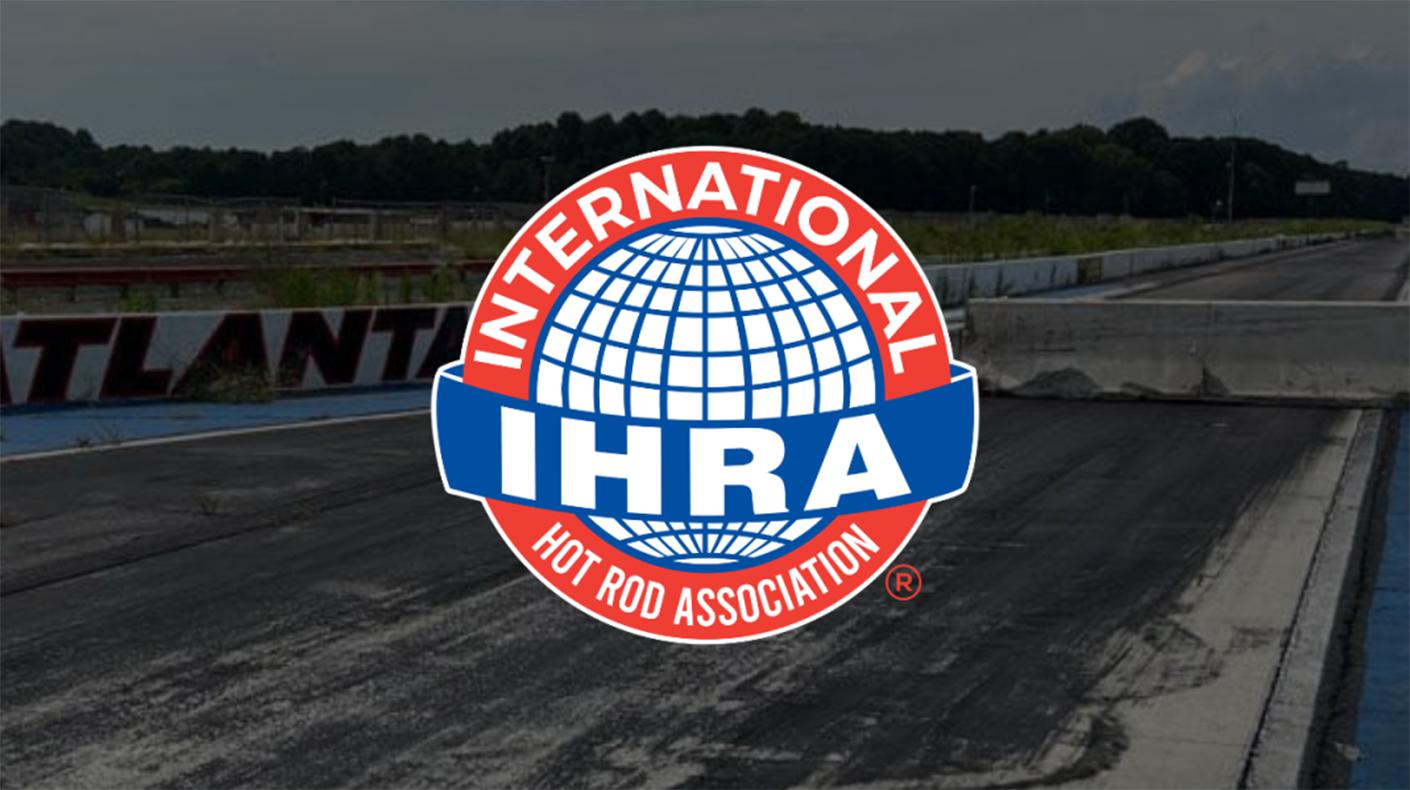By SEMA Washington, D.C., Staff
The U.S. Department of Labor (DOL) has issued a proposed rule to clarify whether a worker is deemed an independent contractor under the Fair Labor Standards Act’s (FLSA) definition of employee. The rule would seek to streamline and clarify the federal government’s test for identifying independent contractors, but it would not override laws enacted by California or any other states or local jurisdictions.
The DOL rule would:
- Adopt an “economic reality” test to consider whether a worker is in business for themself (independent contractor) or is economically dependent on a presumed employer for work (employee).
- Identify two “core factors” for making decisions: 1) the nature and degree of the worker’s control over the work, and 2) the worker’s opportunity for profit or loss.
- Identify three other factors that may serve as further guidance: 1) the amount of skill required for the work; 2) the degree of permanence of the working relationship between the worker and the potential employer; and 3) whether the work is part of an integrated unit of production.
- Warn a company that the actual day-to-day relationship between the worker and employer is more relevant than what has been stated in a contract or in theory.
The definition of independent contractor has received enormous attention in recent years with an expanding gig economy—a labor market based on the hiring of freelance, temporary or contract workers rather than permanent workers. In 2019, California enacted a law that creates a three-prong test for determining how to classify a worker. The test assumes the worker is an employee unless the company can prove:
1. The worker is free to perform services without the company’s direction or control.
2. The services performed are outside the usual course of the company’s business activities.
3. The worker is customarily engaged in an independently established trade, occupation, or business of the same nature as that involved in the work performed.
Connecticut, Massachusetts, and New Jersey have similar laws as California, and other states may consider adopting the same approach. Efforts in the U.S. Congress to pass legislation to update the FSLA definition have been unsuccessful in recent years.
Comments on the DOL proposed rule are due October 26, 2020. The DOL is seeking to finalize the rulemaking by January 20, 2021.





